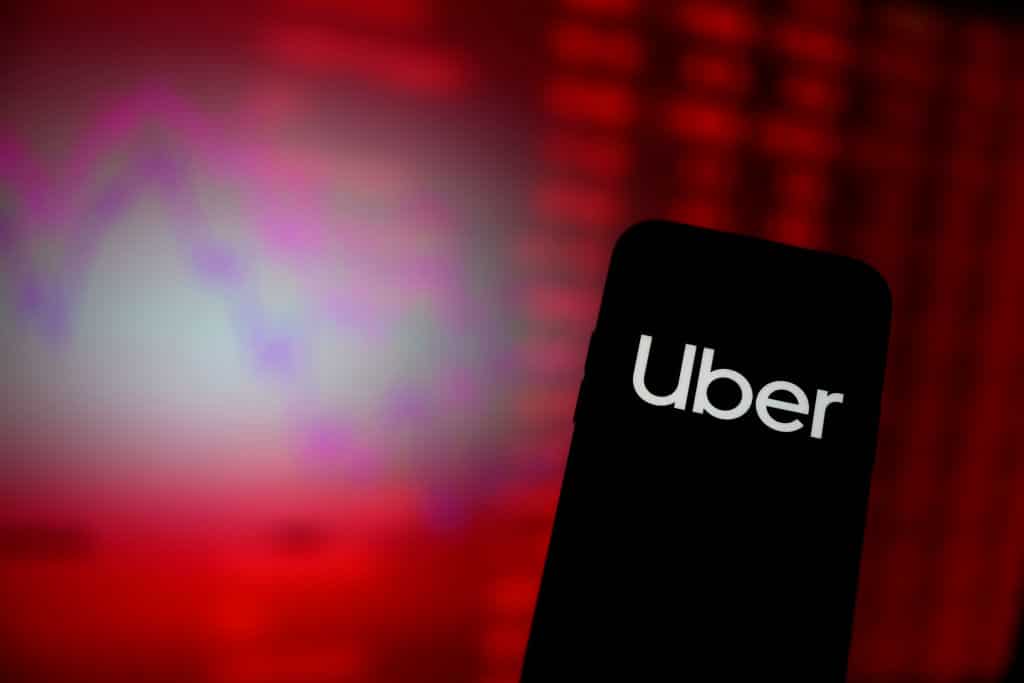TOPLINE
Companies like Uber and Lyft can continue to treat their California-based drivers as independent contractors, a state appeals court ruled on Monday, mostly upholding a ballot measure called Proposition 22 that carved out special exceptions for ride hailing and delivery services from a 2019 California labor law that would have forced them to provide benefits to their drivers.
KEY FACTS
The San Francisco Appeal Court’s ruling overturned a 2021 lower court verdict that deemed Proposition 22 as unenforceable and unconstitutional under California law.
Appellate court’s decision means that drivers working for app-based ride hailing and delivery platforms like Uber, Lyft and Postmates will not be entitled to benefits like paid sick leave and health insurance from the companies.
The companies, however, will not be able to stop their drivers from joining a labor union to collectively bargain for better pay and benefits, the court ruled.
Monday’s ruling could still be appealed to the California Supreme Court.
CHIEF CRITIC
Reacting to the verdict, Lorena Gonzalez Fletcher, the leader of the California Labor Federation, said: “Today the Appeals Court chose to stand with powerful corporations over working people, allowing companies to buy their way out of our state’s labor laws and undermine our state constitution. Our system is broken. It would be an understatement to say we are disappointed by this decision.”
KEY BACKGROUND
In 2019, California lawmakers passed a law—then known as Assembly Bill 5—which placed limits on companies treating workers as independent contractors over employees. Under this law drivers working for platforms such as Uber, Lyft, GrubHub, Postmates and others would be classified as employees and entitled to benefits. The app-based companies opposed this law and backed a ballot measure in the November 2020 elections that would grant them special exemption from the law, pouring $204 million in funding to back it. The measure, known as Proposition 22, offered some benefits to the drivers including a minimum wage and a healthcare stipend if they averaged more than 25 hours of work a week. The measure passed with 58% of votes in its favor, delivering a major victory for the company. In 2021, the Service Employees International Union and three drivers sued to overturn the measure, calling it unconstitutional.
FURTHER READING
Uber, Lyft can treat drivers as contractors, California court says(Washington Post)
By Siladitya Ray, Forbes Staff
